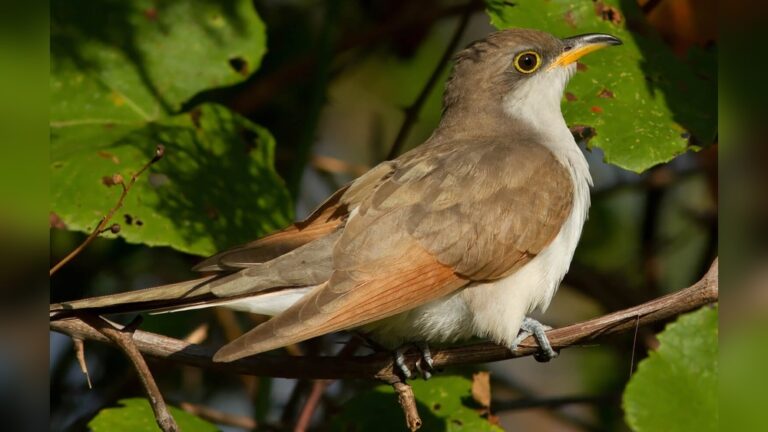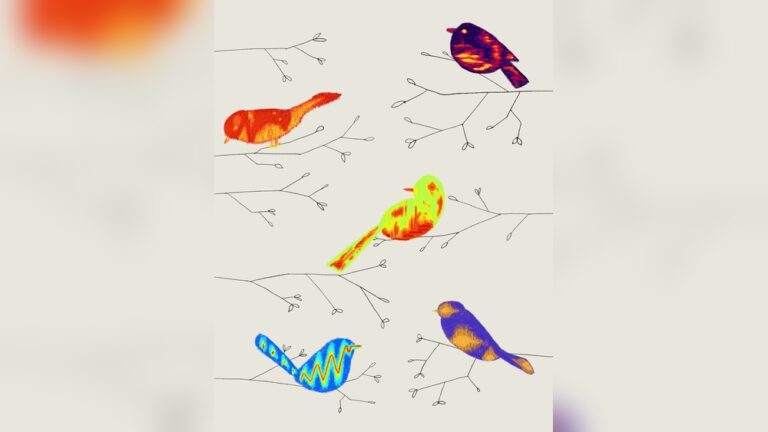Birds Of Prey In Georgia Usa
Have you ever paused to watch a bird soaring high, sharp eyes scanning the ground below? If you’re curious about the powerful hunters of the sky, Georgia is the perfect place to explore.
Birds of prey in Georgia offer a thrilling glimpse into nature’s most skilled predators. Whether you’re a seasoned birdwatcher or just starting, discovering these majestic raptors will change how you see the skies above. Get ready to uncover the secrets of hawks, eagles, falcons, and owls that call Georgia home—and learn how you can spot them on your next outdoor adventure.
Common Raptors In Georgia
Georgia hosts many birds of prey. These raptors play a key role in the ecosystem. They help control pests and keep nature balanced. Many species live here year-round or visit during migration. Some are large and striking, others small but fierce. Discover the common raptors found across Georgia’s diverse habitats.
Bald Eagles
Bald eagles are a symbol of strength in the U.S. They have white heads and dark brown bodies. These birds often live near rivers and lakes. They hunt fish, swooping down with sharp talons. Bald eagle numbers have grown thanks to protection efforts. Spotting one soaring high is always a thrill.
Red-tailed Hawks
Red-tailed hawks are common across Georgia. They have broad wings and a reddish tail. These hawks perch on trees or poles to hunt. Their sharp eyes spot small mammals and birds below. Red-tailed hawks adapt well to cities and farms. Their loud, piercing call often fills the air.
Ospreys
Ospreys are fish-eating raptors found near water. They have long wings and a white underbelly. Ospreys dive feet-first to catch fish with curved claws. They build large nests on tall structures. These birds migrate south for winter but return to Georgia. Watching an osprey fish is fascinating and quick.
Cooper’s Hawks
Cooper’s hawks are medium-sized forest hunters. They have rounded wings and long tails. These hawks chase birds through trees with fast agility. Cooper’s hawks prefer wooded areas and suburban neighborhoods. They quietly watch from hidden perches before striking. These raptors are skilled and stealthy predators.
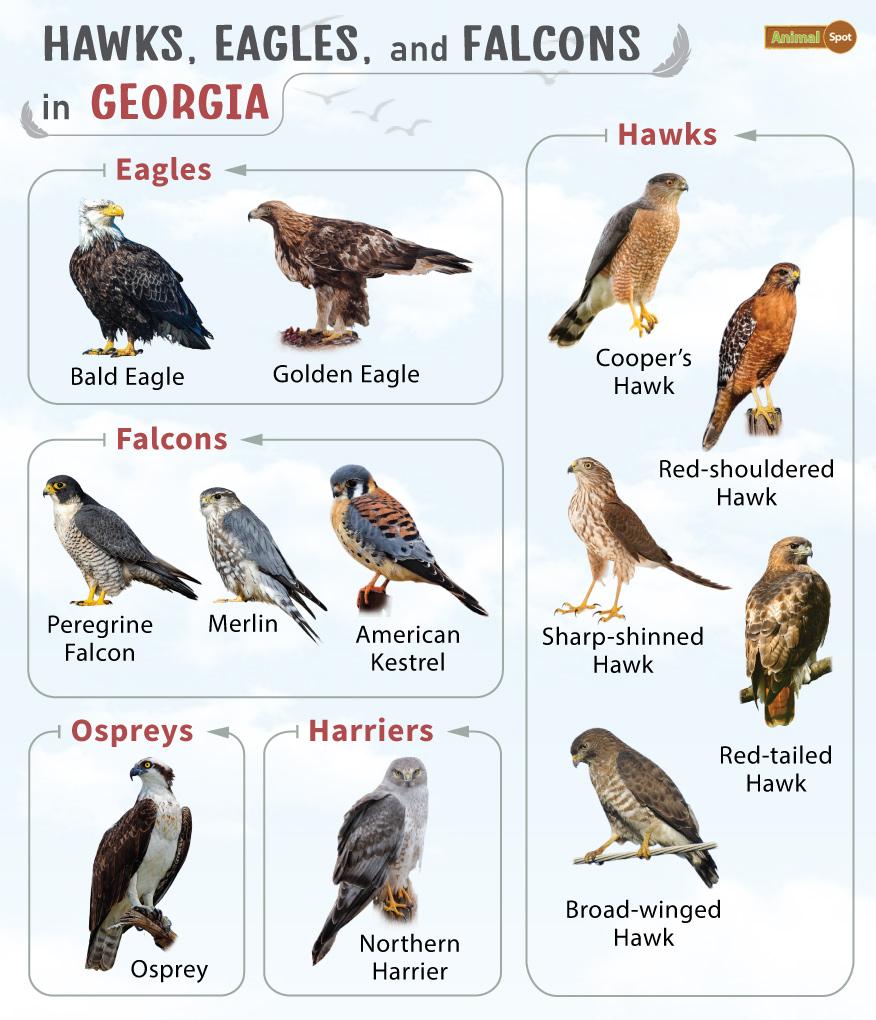
Credit: www.animalspot.net
Habitat And Nesting Sites
Birds of prey in Georgia need specific places to live and raise their young. These habitats provide food, safety, and nesting spots. Understanding where these birds live helps protect their homes and supports their survival.
Forests And Woodlands
Many birds of prey prefer forests and woodlands. Tall trees give them good places to build nests. These areas offer shelter from harsh weather and predators. Forests also have many small animals for food. Hawks and owls often choose these habitats.
Wetlands And Rivers
Wetlands and rivers attract birds of prey that hunt fish and water animals. These birds build nests near water. The open space helps them spot prey easily. Bald eagles and ospreys are common around Georgia’s rivers and marshes.
Urban Areas
Some birds of prey adapt well to cities and towns. They use tall buildings and bridges as nest sites. Urban areas provide new food sources like pigeons and squirrels. Falcons and hawks often thrive in these environments.
Hunting And Feeding Habits
Birds of prey in Georgia have unique hunting and feeding habits. These habits help them survive and thrive in diverse environments. Their diet and hunting style vary by species and season. Understanding these patterns reveals how they play a vital role in the ecosystem.
Prey Types
Birds of prey hunt many animals. Small mammals like mice and rabbits are common targets. They also catch birds, reptiles, and insects. Fish form a major part of some species’ diets. The prey choice depends on the bird’s size and habitat.
Hunting Techniques
These birds use sharp eyesight to spot prey from far away. Some dive quickly to catch animals on the ground. Others soar high and swoop down silently. Some hunt at night using their excellent hearing. Each technique suits the bird’s body and prey type.
Seasonal Variations
Food availability changes with the seasons. In winter, some birds eat more rodents. Spring brings more birds and insects to hunt. Migration affects feeding habits too. Birds may change diet or hunting style depending on the time of year.
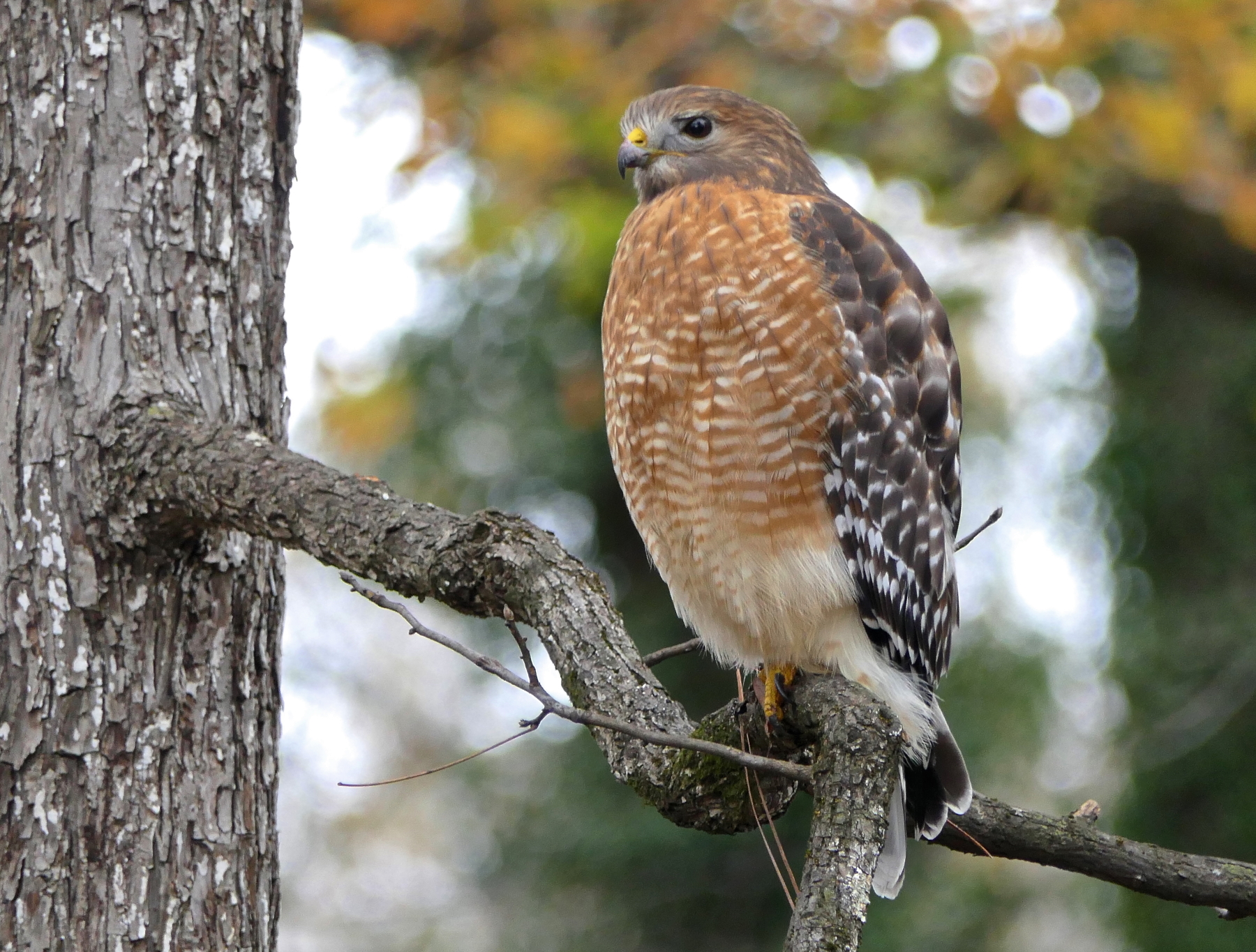
Credit: georgiawildlife.com
Migration Patterns
Birds of prey in Georgia show fascinating migration patterns. These patterns vary widely between species. Some stay all year, while others travel long distances. Understanding these movements helps us appreciate Georgia’s rich bird life.
Resident Vs Migratory Species
Resident birds live in Georgia year-round. They find food and shelter in all seasons. Examples include the Red-tailed Hawk and Barred Owl. These birds adapt well to local changes.
Migratory species leave Georgia during colder months. They travel to warmer places for food and breeding. The Broad-winged Hawk is a common migrant passing through Georgia. Migration helps these birds survive harsh winters.
Migration Routes Through Georgia
Georgia lies on key migration routes for many raptors. The state acts as a corridor for birds moving north or south. Hawks, eagles, and falcons follow river valleys and ridges. These natural paths offer safety and food along the way.
One famous route is the Appalachian Flyway. It guides birds from the mountains to southern states. Coastal areas also serve as stopover points for resting and feeding. Watching these migrations offers a glimpse of nature’s great journeys.
Conservation Efforts
Conservation efforts for birds of prey in Georgia focus on protecting habitats and reducing risks. These efforts aim to keep raptor populations strong and healthy. People work together to save these important birds for future generations.
Protected Areas
Georgia has many protected lands where birds of prey can live safely. Wildlife refuges and state parks provide good homes for eagles, hawks, and owls. These areas limit hunting and development to keep the environment safe. Protected zones help birds find food and nest without disturbance.
Threats And Challenges
Birds of prey face many dangers in Georgia. Loss of habitat due to building and farming is a big problem. Poisoning from pesticides and lead can harm or kill these birds. Collisions with cars and power lines also cause many deaths. Climate changes affect food supply and nesting sites.
Community Involvement
Local people play a key role in saving birds of prey. Volunteers watch bird nests and report problems. Schools teach children about raptor importance and safety. Wildlife groups organize cleanups and habitat restoration. Everyone can help by respecting nature and spreading awareness.
Birdwatching Tips
Birdwatching in Georgia offers a chance to see impressive birds of prey. These birds are fast and sharp. To enjoy birdwatching, preparation helps. Understanding the best spots, timing, and gear makes your trip better. Here are some tips to enhance your birdwatching experience in Georgia.
Best Locations In Georgia
Look for birds of prey in forests and near water. Chattahoochee National Forest is a top spot. Okefenokee Swamp has many hawks and eagles. Kennesaw Mountain National Battlefield Park also attracts raptors. Visit these places early in the day for better chances.
Ideal Times For Observation
Early morning is the best time to watch birds. Birds of prey hunt when light is good but not too bright. Late afternoon also works well. Avoid the middle of the day when birds rest. Spring and fall bring many birds during migration seasons.
Equipment Recommendations
Bring binoculars with at least 8x magnification. A camera with a zoom lens helps capture photos. Wear neutral-colored clothes to blend in. Use a field guide or bird app to identify species. Carry water and stay quiet to avoid scaring birds away.
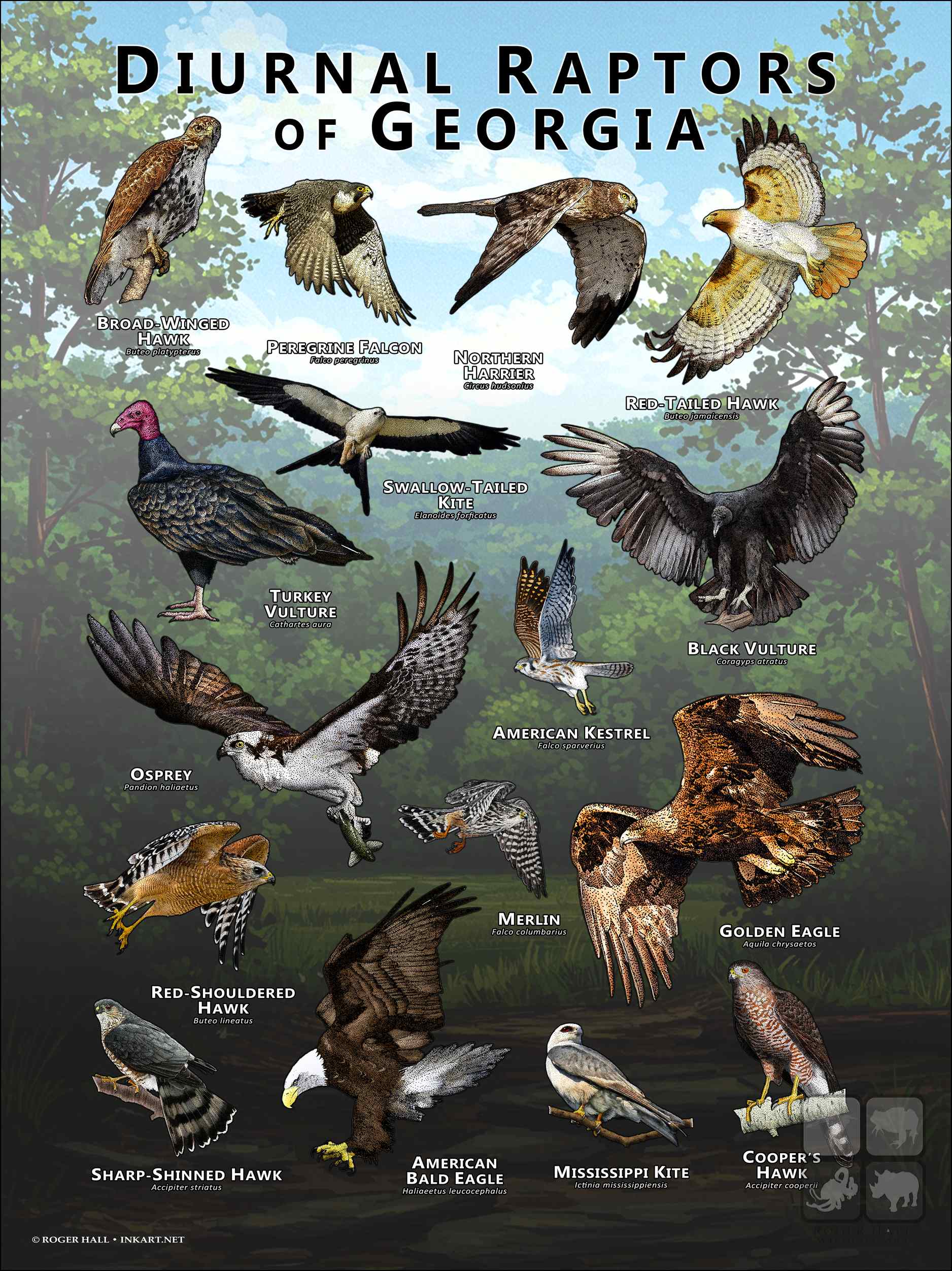
Credit: inkart.net
How Smart Pets Lover Can Help You with Birds Of Prey In Georgia Usa
Learning From Georgia’s Birds of Prey: A Natural Classroom
Exploring the world of birds of prey in Georgia offers more than just stunning wildlife sightings—it’s a chance to connect deeply with nature’s rhythms. Observing their habitat and nesting sites reveals how these raptors adapt and thrive, teaching us valuable lessons about environmental balance and conservation. Watching their hunting and feeding habits can inspire curiosity and respect for their role in the ecosystem.
For those eager to learn, combining birdwatching tips with a mindful approach helps develop patience and keen observation skills. At Smart Pets Lover, we believe every encounter with animals—whether a soaring hawk or a curious pet—can nurture empathy and knowledge. If you want to dive deeper, local wildlife organizations and nature centers in Georgia are wonderful resources to connect with experts and participate in educational programs focused on raptor conservation.
Remember, every moment spent learning about these majestic birds brings us closer to understanding the delicate stories woven into our natural world—just like every wag, purr, and chirp tells a story worth hearing.
Frequently Asked Questions
What Are Common Birds Of Prey In Georgia, Usa?
Georgia hosts hawks, owls, eagles, and falcons as common birds of prey. These raptors thrive in diverse habitats across the state.
Where Can I Spot Birds Of Prey In Georgia?
Look for birds of prey in Georgia’s forests, wetlands, and mountainous areas. Popular spots include Okefenokee Swamp and the Appalachian foothills.
How Do Georgia’s Birds Of Prey Hunt?
These raptors use sharp talons and keen eyesight to catch prey. They hunt small mammals, birds, and reptiles, mostly during the day.
Are Any Georgia Birds Of Prey Endangered?
Yes, some species like the Red-cockaded Woodpecker face threats. Conservation efforts help protect their habitats and boost population numbers.
Conclusion
Birds of prey in Georgia show nature’s strength and beauty. These raptors play a big role in keeping the environment healthy. Watching them can bring joy and wonder to anyone. Protecting their homes helps keep these birds safe for the future.
Exploring Georgia’s skies means discovering a world full of life and power. Keep learning and appreciating these amazing birds every day.

